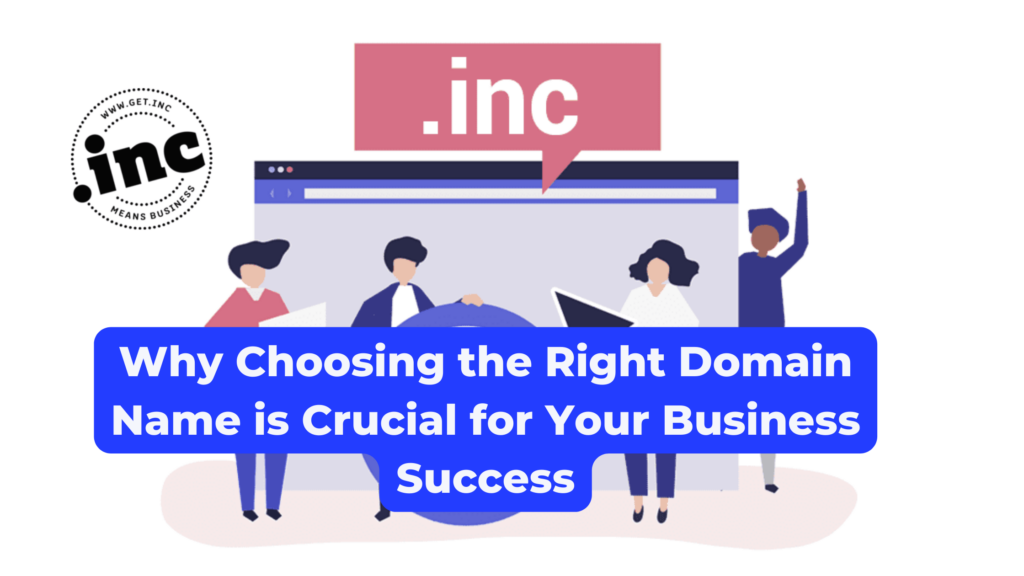Understanding the Structure of an LLC
An LLC (Limited Liability Company) is a versatile corporate structure that blends the attributes of both a corporation and a partnership or sole proprietorship. This hybrid nature of an LLC offers business owners a range of benefits, making it a compelling choice for entrepreneurs looking to protect their assets while enjoying operational flexibility.
The Importance of Choosing the Right Business Entity
Selecting the right entity is a critical step when starting a business. An LLC might be the best fit for people operating a partnership or a sole proprietorship looking to limit individual liability for debts, loans, or lawsuits. By forming an LLC, you establish your business as a separate legal entity, which shields personal assets from business liabilities.
For a deeper dive into choosing the right business structure, visit Clemta for expert guidance and support.
Reasons to Form an LLC
1. Limited Liability Protection
One of the most compelling reasons to form an LLC is the limited liability it provides. Members are generally not personally responsible for the LLC’s debts and legal responsibilities. This means that their personal assets such as cars, bank accounts, and homes are usually protected from creditors in the event of litigation or bankruptcy.
2. Tax Advantages and Pass-Through Taxation
LLCs are considered “pass-through entities,” meaning that profits and losses are transferred directly to members, who report them on their individual tax returns. This avoids the double taxation burden faced by C-Corporations, where profits are taxed at both the company and individual levels.
The IRS treats an LLC as a disregarded entity for tax purposes, meaning members can choose how they want to be taxed—either as a partnership, sole proprietorship, or even as a corporation. This flexibility can lead to significant tax benefits, depending on your specific business circumstances.
3. Ease of Formation and Minimal Compliance Requirements
Forming an LLC is straightforward and involves less paperwork and lower fees than incorporating a corporation, though these fees may vary by state. Unlike corporations, LLCs are not burdened by as many statutory formalities, such as holding annual meetings or maintaining a board of directors.
Moreover, there’s no residency requirement to operate an LLC, which means you can establish and manage your LLC from anywhere in the world.
Visit Clemta to learn more about forming an LLC from overseas and navigating state-specific regulations.
4. Management Flexibility
LLCs offer unmatched flexibility in management. They can have a sole owner or multiple partners, who can be individuals or other businesses. The structure also allows unlimited membership, and the members can define the company’s operational setup through an “LLC Operating Agreement.”
This agreement customizes the LLC’s rules and operational guidelines to cater to specific business needs, unlike corporations, which follow a more rigid structure.
5. Strategic State Formation Considerations
The benefits of forming an LLC can vary depending on the state. For instance, Delaware is a preferred choice due to its business-friendly tax system and predictable legal environment. It also maintains the anonymity of LLC owners, requiring only a contact person and a registered agent in the state.
To explore which state might offer the best advantages for your LLC, consider consulting with professionals at Clemta.
Conclusion
Forming an LLC comes with several advantages, including limited liability protection, tax benefits, ease of formation, and management flexibility. However, it’s crucial to align your business goals and needs with your chosen entity type. For personalized advice and an in-depth understanding of the process, visit Clemta, where our experts can assist you in making informed decisions about your business structure.







